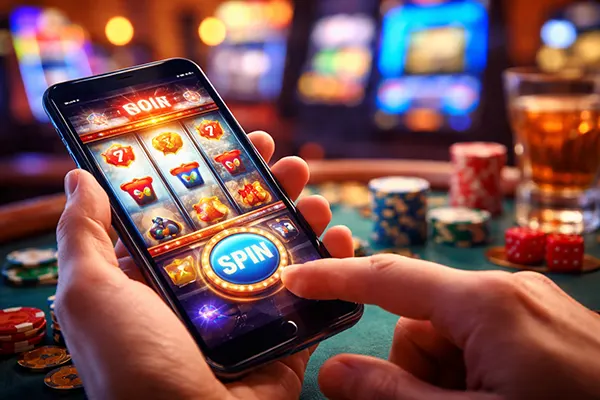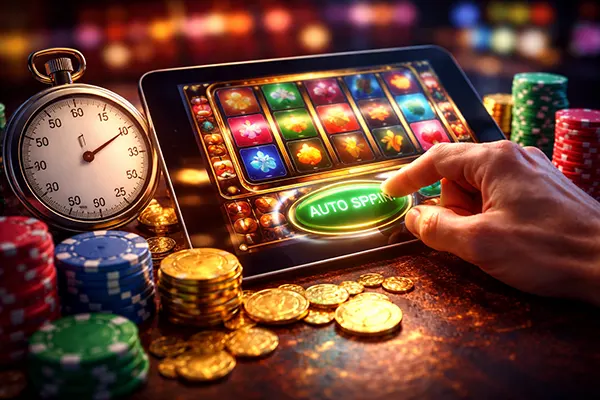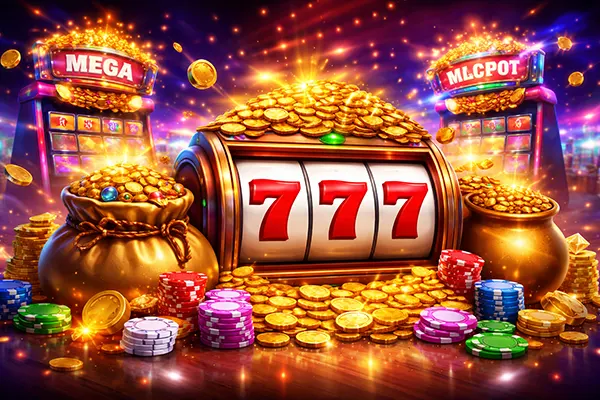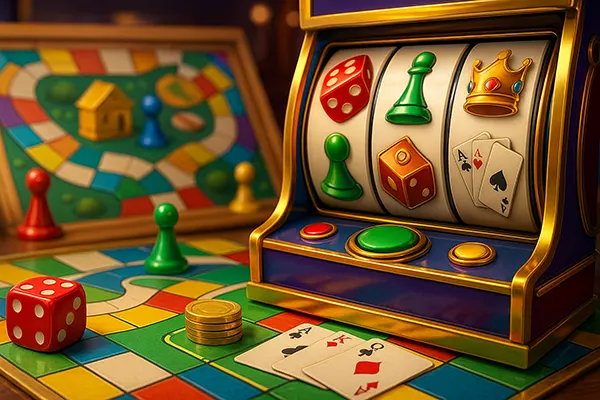
Board Game Slots: How Tabletop Games Inspired Modern Online Slots
In 2025, the fusion of classic board games with online slot mechanics has given rise to a fresh and captivating genre known as board game slots. These games don’t just replicate the look of popular board games—they incorporate elements of strategy, turn-based logic, and thematic storytelling. From dice rolls to character-based bonuses, the crossover appeals to both nostalgia and modern innovation. Below, we explore how this concept evolved and what makes it popular among developers and players alike.
From Tabletop to Reels: Origins of the Board Game Slot Trend
The connection between board games and slot games stems from shared fundamentals: both rely on chance, user engagement, and simple mechanics. As developers looked for fresh themes that went beyond fruit symbols or Egyptian myths, board games offered a ready-made foundation with global recognition. Titles like Monopoly and Cluedo were among the first to be reimagined in slot form, paving the way for more experimental blends.
By 2020, software developers had begun integrating multi-stage bonus rounds modelled after board game progression. These features added depth, moving away from purely random spins and toward interactive gameplay. The approach struck a chord with users seeking more control and entertainment.
Fast forward to June 2025, the popularity of board game mechanics in slots has only grown, with major studios like Playtech, Evolution, and NetEnt designing entire titles around these concepts. The games are now marketed not just as slots but as hybrid experiences with unique progression systems and tactical layers.
Key Mechanics Borrowed from Tabletop Games
Many successful board game slots share several core features. Dice rolls often determine bonus multipliers or trigger special features, echoing the randomness of traditional tabletop movement. Turn-based maps also play a role, allowing players to progress across a board after each win, building anticipation and visual feedback.
Card drawing is another frequent inclusion. In games inspired by Cluedo or poker-style themes, drawing certain cards leads to cash prizes or multipliers. This blends decision-making with luck, making sessions more engaging.
Finally, character-based bonuses—borrowed from role-playing board games—allow users to select avatars with different starting bonuses or effects. This gamification element appeals to a younger audience raised on mobile strategy games and RPGs.
Top Providers and Their Notable Board Game Slot Releases
Several top-tier developers have embraced the trend with unique takes on board game integration. Playtech’s “Epic Monopoly II” remains a staple, merging licensed assets with complex bonus rounds. NetEnt introduced “Lost Relics,” which, while not a direct board game slot, implements grid-based exploration similar to tile-based strategy games.
Evolution, known for its innovations in live casino formats, recently launched a hybrid slot-board game titled “Adventurers’ Map.” This game uses a central board that players navigate by unlocking spins and achievements, blending real-time decision-making with traditional slot rewards.
Another noteworthy title is “Cash Cluedo” from WMS, where players interact with a board-style bonus round to uncover clues and collect multipliers. These releases illustrate the broad potential of the genre—from simple aesthetics to in-depth game mechanics.
Why These Games Resonate with Players
The main appeal lies in the interactivity. Players are no longer passive spectators; they make choices, unlock paths, and influence their journey. This level of control enhances session longevity and keeps players engaged longer than traditional slots.
Nostalgia also plays a significant role. Many users grew up playing board games with friends or family. Seeing these games come alive in a slot format evokes memories and emotional connections, driving continued interest.
Finally, board game slots introduce a sense of progression. Instead of endless spinning with no context, players feel like they’re advancing toward a goal—much like levelling up in a video game. This aligns well with modern preferences for meaningful gameplay over simple chance.
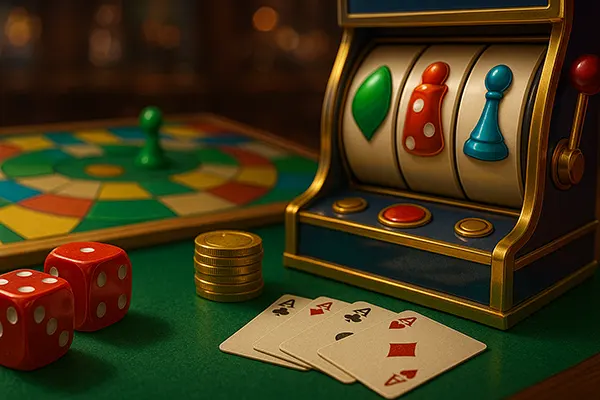
The Future of Board Game-Inspired Slots
As of mid-2025, the success of board game slots shows no signs of slowing. Developers are exploring augmented reality features to make board interaction feel more tactile. Mobile-first designs are also evolving, with vertical reels and swipe mechanics tailored to touchscreen play.
Collaborations between board game publishers and slot developers are becoming more common. We’re seeing officially licensed content for games like “Risk” and “Catan,” bringing authenticity to the slots while attracting fans of the original tabletop experiences.
Another exciting development is the use of blockchain mechanics to track progress or enable collectible elements within the slot. While still in early phases, such integration could redefine engagement by combining gaming and digital asset ownership.
What to Expect Going Forward
Expect more customisation. Players might soon be able to create avatars, choose board paths, and unlock cosmetics. This gamified direction will help slots compete with mobile games in terms of immersion and personalisation.
We may also see time-limited events and multiplayer features. Competing on a shared board with other users for prizes introduces a social dimension that most slots currently lack. Such innovation can enhance retention and brand loyalty.
Lastly, educational and quiz-based mechanics—drawn from trivia board games—may enter the scene. These would appeal to casual gamers and broaden the demographic reach of modern slot offerings, making board game slots a lasting niche in the online casino world.

